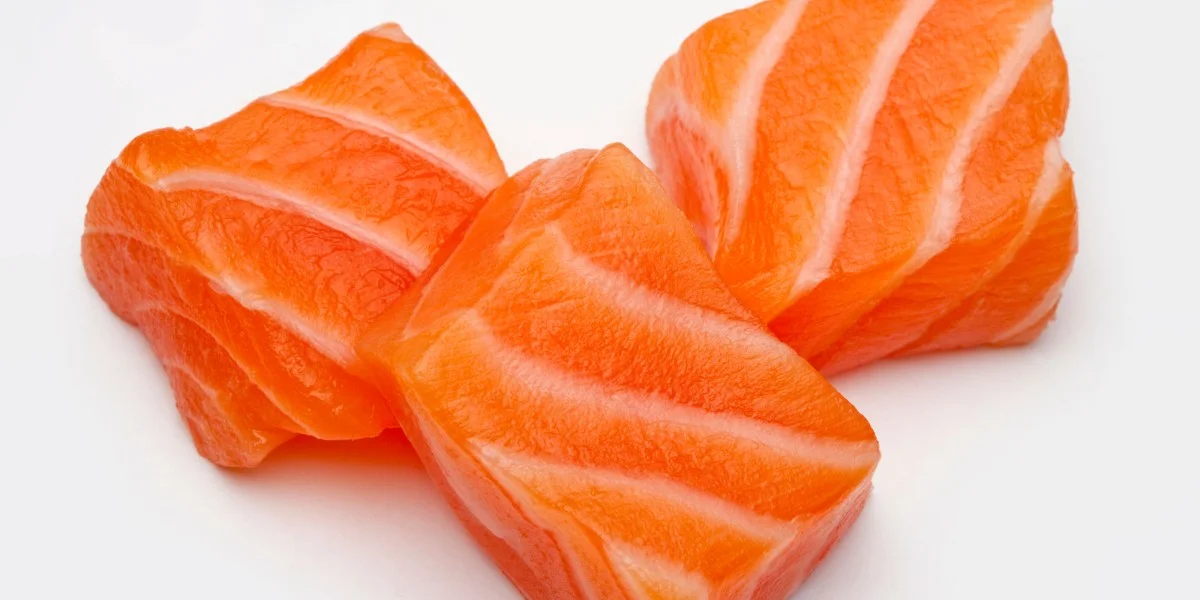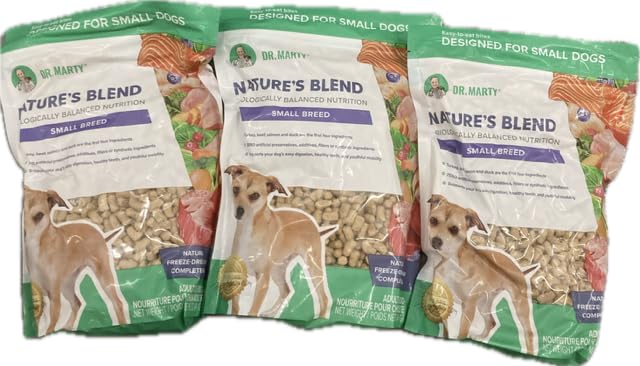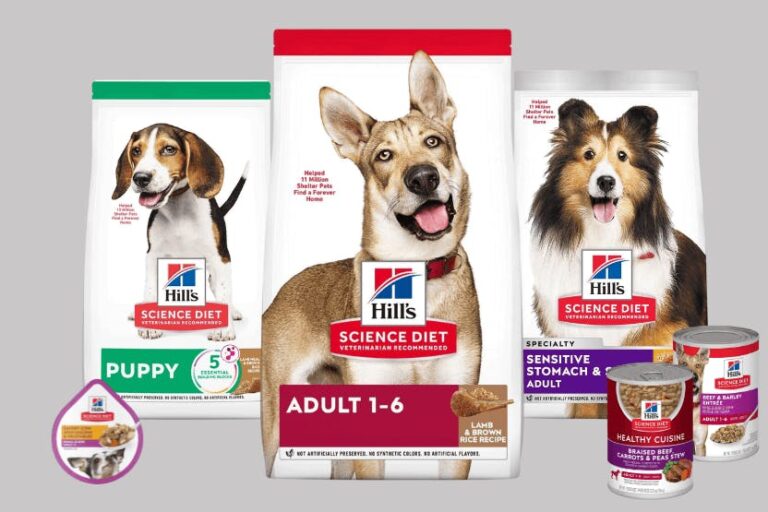Table of Contents
Salmon dog food has gained popularity as pet owners seek high-quality, protein-rich diets for their dogs. Known for its omega-3 fatty acids, essential nutrients, and digestibility, salmon is a great alternative to traditional protein sources like chicken or beef.
In this article, we will explore the benefits, disadvantages, and key factors to consider when choosing salmon-based dog food.
Why Choose Salmon Dog Food?
Salmon is not only a delicious option for dogs but also a nutritional powerhouse. It provides high-quality protein while supporting various aspects of canine health, from skin and coat condition to cognitive function. Many dog owners opt for salmon dog food due to its digestibility, making it a suitable choice for dogs with food sensitivities.
Advantages of Salmon Dog Food
1. Rich in Omega-3 Fatty Acids
Salmon is naturally high in omega-3 fatty acids, which support:
- Healthy skin and a shiny coat
- Reduced inflammation in joints (ideal for dogs with arthritis)
- Improved heart and brain health
2. High-Quality Protein Source
Salmon provides lean protein to support muscle maintenance and overall energy levels. It is also easier to digest compared to some other protein sources, making it ideal for sensitive stomachs.
3. Beneficial for Dogs with Allergies
Many dogs develop allergies to common proteins like chicken or beef. Salmon serves as a great alternative protein source for dogs with food allergies or intolerances.
4. Supports Immune System & Cognitive Health
Salmon is rich in antioxidants and DHA (Docosahexaenoic Acid), which aid in:
- Strengthening the immune system
- Enhancing cognitive function, particularly in puppies and senior dogs
Disadvantages of Salmon Dog Food
1. Higher Cost
Compared to traditional proteins, salmon-based dog food is more expensive due to its premium quality and sourcing.
2. Potential Mercury Contamination
Certain types of salmon may contain higher levels of mercury, which can be harmful if consumed in large quantities. It’s best to choose reputable brands that use wild-caught or responsibly farmed salmon.
3. Strong Smell
Salmon-based food tends to have a strong fishy odor, which some pet owners may find unpleasant. However, most dogs enjoy the taste.
4. May Not Be Suitable for All Dogs
While salmon is an excellent protein source, some dogs may not tolerate fish well or may have digestive issues when switching from another protein source.
How to Choose the Best Salmon Dog Food
When selecting a high-quality salmon dog food, consider the following:
✔️ Look for real salmon as the first ingredient (avoid “fish meal” or unnamed fish sources)
✔️ Check for added omega-3 and omega-6 fatty acids
✔️ Avoid artificial preservatives, fillers, or by-products
✔️ Opt for grain-free or grain-inclusive formulas based on your dog’s needs
✔️ Check for additional vitamins and minerals to support overall health
salmon dog food
Conclusion
Salmon dog food is a nutritious and beneficial option for many dogs, particularly those with allergies, joint issues, or dull coats. While it comes with a higher price tag and a strong smell, the health benefits far outweigh the downsides for most pet owners.
If you’re considering switching to salmon-based dog food, ensure you choose a high-quality brand that provides balanced nutrition for your furry friend.







